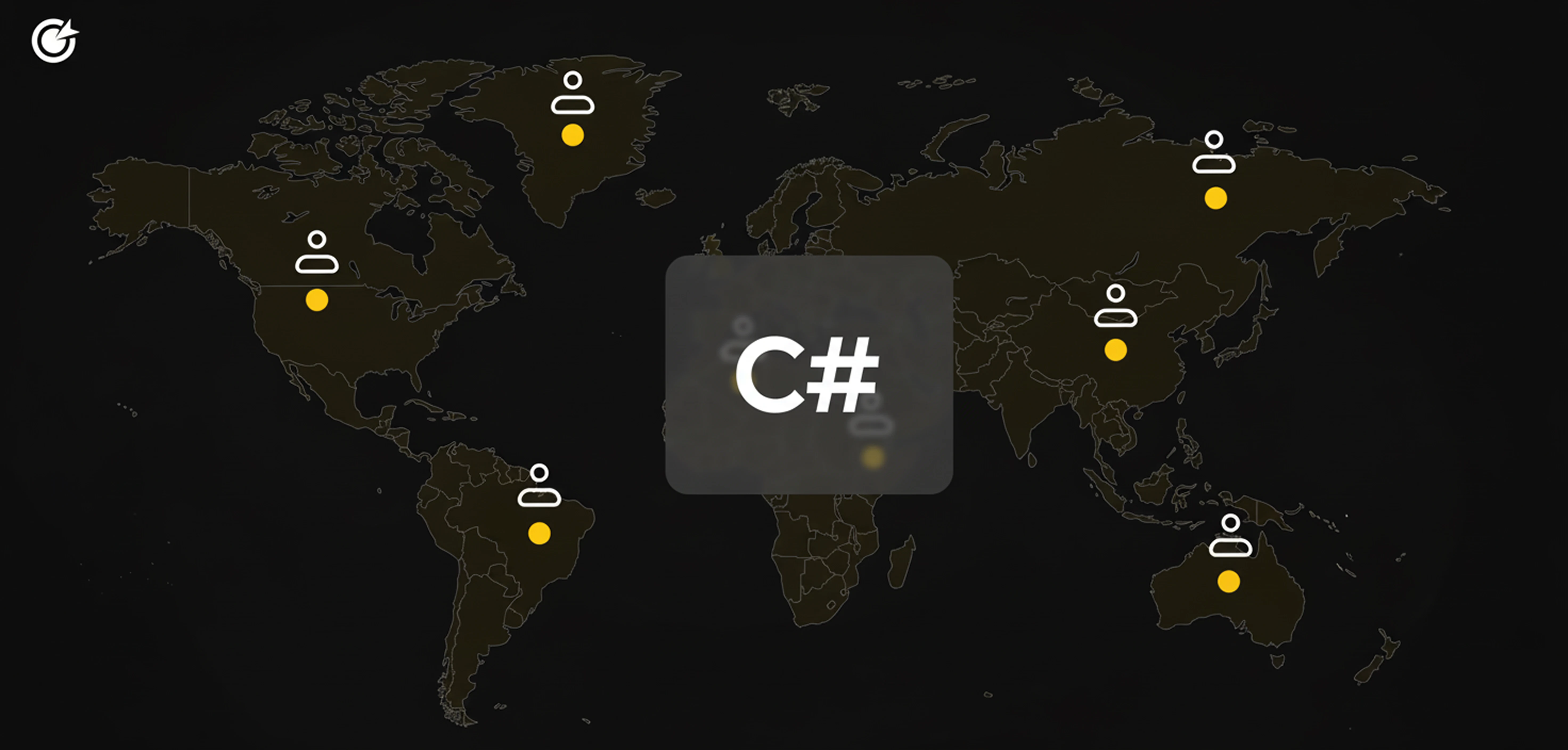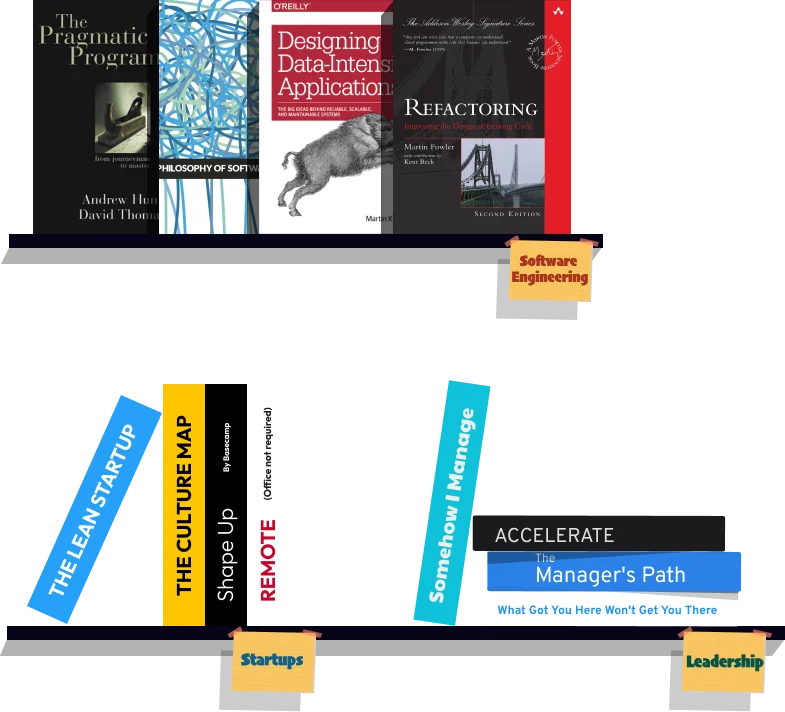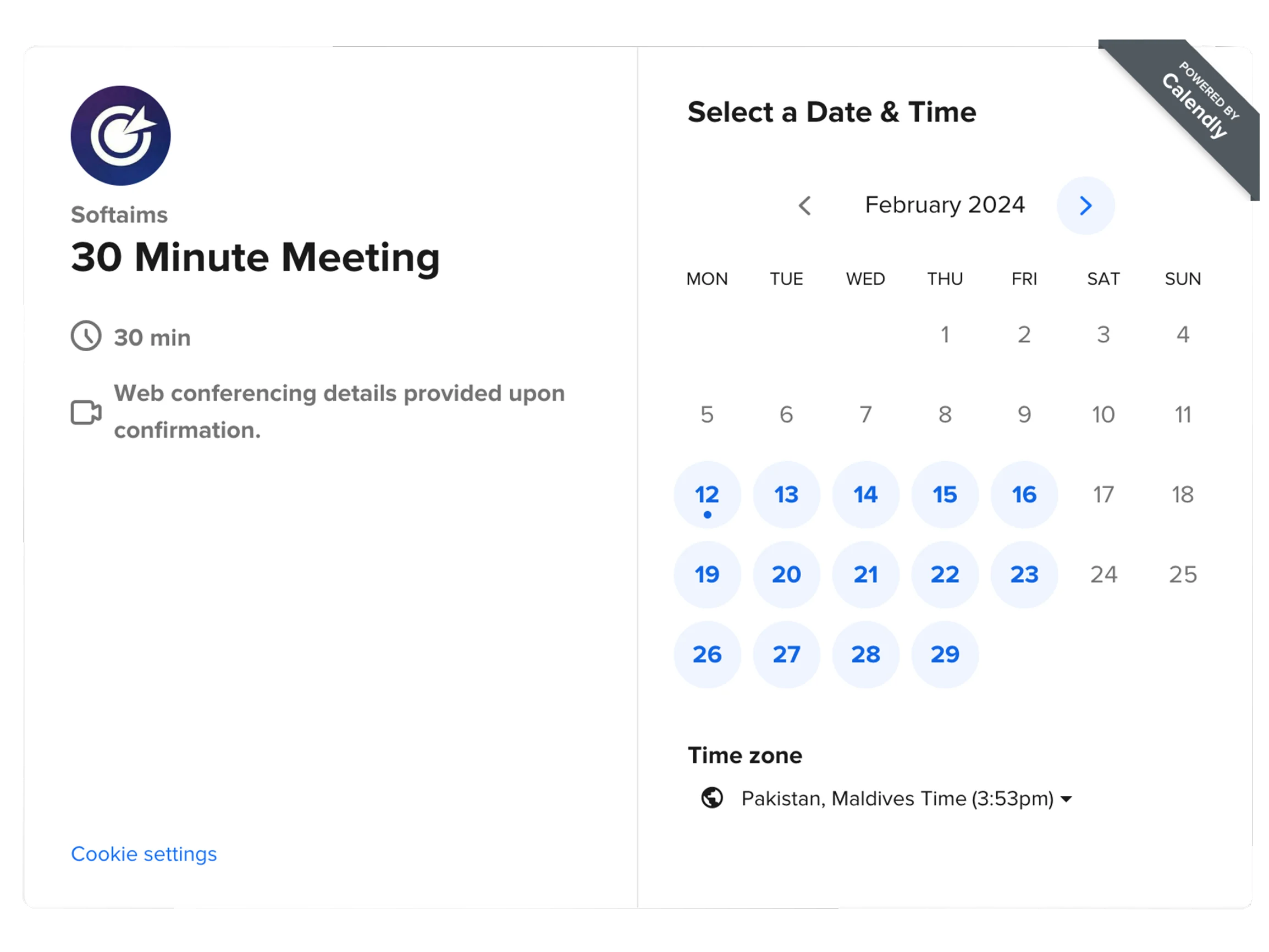The Power and Versatility of a C# Developer
A C# developer is a versatile engineer who builds robust, high-performance, and secure applications primarily within the Microsoft ecosystem. They use a powerful, modern, and object-oriented language to create a wide range of software, from scalable backend web services and APIs to Windows desktop applications and cross-platform mobile apps.

Hiring a C# developer means investing in a mature and comprehensive development platform, .NET. Their expertise is crucial for building the enterprise-grade, mission-critical systems that require long-term maintainability, strong performance, and the extensive tooling and support that the .NET ecosystem provides.
Core C# Language Proficiency
A proficient C# developer must have a deep and idiomatic command of the language itself. This goes far beyond basic syntax and requires a mastery of its powerful features. They must be experts in C#'s strong typing system, its object-oriented principles, and its modern functional programming capabilities.
They should be fluent in modern C# features, such as Language-Integrated Query (LINQ) for powerful data manipulation (e.g., users.Where(u => u.IsActive).ToList()), asynchronous programming with async/await, and the effective use of generics. A developer who writes clean, readable, and modern C# is a developer who can build a high-quality and maintainable application.
Mastery of The .NET Ecosystem
The core of a C# developer's work is the .NET framework (including the modern, cross-platform .NET 5/6 and newer versions). A candidate must have deep, hands-on experience with this ecosystem. This includes a solid understanding of the .NET runtime, the Base Class Library, and the command-line interface (CLI).
They must be experts at managing project dependencies using the NuGet package manager and be able to configure and build their applications for different environments. This deep familiarity with the platform is what allows them to be truly productive and to leverage the full power of the tools at their disposal.
Web Development with ASP.NET Core
The most common use case for C# today is building backend web services and APIs. A top-tier candidate must be an expert in ASP.NET Core, the high-performance, cross-platform framework for building modern, cloud-based web applications. They need to be able to build robust and secure RESTful APIs from the ground up.
This includes a deep understanding of the framework's core concepts, such as its middleware pipeline, its powerful dependency injection system, and its routing capabilities. For full-stack development, experience with a UI framework like Blazor or Razor Pages is also a highly valuable skill.
Database Interaction with Entity Framework Core
Enterprise applications are all about data, and a C# developer must be skilled at interacting with databases. They must be proficient in using Entity Framework Core (EF Core), the modern, object-relational mapper (ORM) for .NET. This allows them to work with the database using C# objects instead of writing raw SQL.
They should be experts at defining their data models as C# classes (entities), querying the database using LINQ, and managing database schema changes with EF Core migrations. While the ORM handles most tasks, a strong developer will also have a solid grasp of SQL for performance tuning and complex queries.
Asynchronous Programming for Scalability
To build a high-performance backend that can handle a large number of concurrent requests, a deep understanding of asynchronous programming is mandatory. A candidate must have a mastery of the async and await keywords in C#, which are central to writing scalable, non-blocking I/O operations.
They should be able to write asynchronous code that is clean, correct, and efficient. This expertise is critical for building responsive web APIs and microservices that can make calls to databases and other services without holding up the server's threads, which is the key to achieving high throughput.
Testing with xUnit or NUnit
A commitment to quality is essential in enterprise development, and a professional C# developer must have a strong testing discipline. They should be experienced in writing automated tests for their applications using one of the major .NET testing frameworks, such as xUnit or NUnit.
They must be able to write unit tests to validate their business logic and integration tests to ensure that different parts of the system work together correctly, such as the interaction between their API controllers and the database. A developer who consistently writes tests builds more reliable, maintainable, and bug-free software.
Object-Oriented and SOLID Principles
C# is a fundamentally object-oriented language, and a great C# developer must be a skilled software architect. This requires a deep understanding of the core OOP principles of encapsulation, inheritance, and polymorphism. They should be able to design a well-structured and logical class hierarchy for their application.
More importantly, they should be well-versed in the SOLID principles of object-oriented design. The ability to apply these principles to create software that is loosely coupled, highly cohesive, and easy to maintain and extend is what separates a proficient programmer from a true software engineer.
Cloud Deployment with Azure
Modern C# applications are designed to be deployed to the cloud, and the natural home for a .NET application is Microsoft Azure. A well-rounded C# developer should have hands-on experience with deploying and managing their applications on Azure. This includes familiarity with core Azure services.
They should have experience with services like Azure App Service for hosting web apps, Azure SQL Database for managed databases, and Azure Functions for serverless computing. While not strictly required, experience with containerization using Docker and orchestration with Azure Kubernetes Service (AKS) is a highly valuable, modern skill.
The Broader Microsoft Ecosystem
A C# developer operates within a rich and deeply integrated ecosystem of tools. They must be an expert user of Visual Studio or Visual Studio Code, the powerful IDEs for .NET development. They also need to be proficient with the command-line interface and other build tools.
For a developer in an enterprise environment, familiarity with other parts of the Microsoft stack, such as Azure DevOps for CI/CD and project management, is a huge plus. This demonstrates an ability to work effectively within the fully-integrated platform that many businesses rely on.
How Much Does It Cost to Hire a C# Developer
The cost to hire a C# developer is competitive and reflects the language's dominant role in the enterprise software world. The salary is influenced by their geographic location, overall years of experience, and their expertise with the modern .NET ecosystem, including ASP.NET Core and Azure.
Tech hubs in North America and Western Europe typically have the highest salary ranges. The following table provides an estimated average annual salary for a mid-level C# developer to illustrate these global differences.
| Country |
Average Annual Salary (USD) |
| United States |
$128,000 |
| United Kingdom |
$85,000 |
| Germany |
$82,000 |
| Canada |
$98,000 |
| Australia |
$92,000 |
| Poland |
$60,000 |
| Ukraine |
$55,000 |
| India |
$40,000 |
| Brazil |
$50,000 |
| Netherlands |
$88,000 |
When to Hire Dedicated C# Developers Versus Freelance C# Developers
Hiring a dedicated, full-time C# developer is the standard choice for building and maintaining core, enterprise-level applications. A dedicated team member can take deep ownership of the system's architecture, business logic, and long-term evolution. This model is essential for a company's mission-critical backend systems and internal business applications.
Hiring a freelance C# developer is a more tactical decision, ideal for specific, well-defined projects. This is a great model for building a particular microservice, migrating a legacy .NET Framework application to modern .NET, or getting expert help to solve a specific performance issue. Freelancers provide specialized skills on demand without the long-term commitment.
Why Do Companies Hire C# Developers
Companies, especially in the enterprise sector, hire C# developers for the power, stability, and productivity of the .NET platform. The framework provides a comprehensive and deeply integrated set of tools for building high-performance, secure, and scalable applications. The strong typing and object-oriented nature of C# lead to the creation of robust and maintainable code that is well-suited for large, long-lived projects.
Furthermore, Microsoft's world-class tooling, particularly the Visual Studio IDE, provides an unparalleled developer experience that boosts productivity. The seamless integration with the Azure cloud platform also makes it a natural and powerful choice for building modern, cloud-native applications. For these reasons, C# and .NET have been a trusted and dominant force in the enterprise software world for over two decades.
In conclusion, hiring a top-tier C# developer requires finding a candidate who is a disciplined engineer with a deep and practical mastery of the modern .NET ecosystem. The ideal professional will combine a strong command of the C# language and object-oriented design principles with extensive, hands-on experience building and testing scalable web services with ASP.NET Core. By prioritizing these skills, organizations can build the powerful, reliable, and maintainable applications that are the hallmark of enterprise software excellence.



































